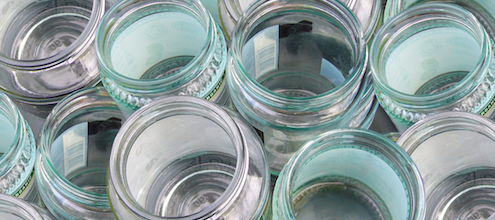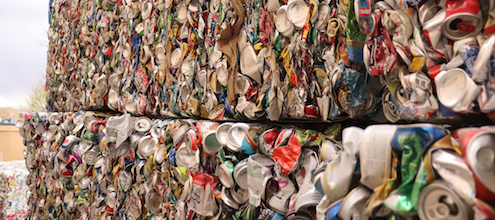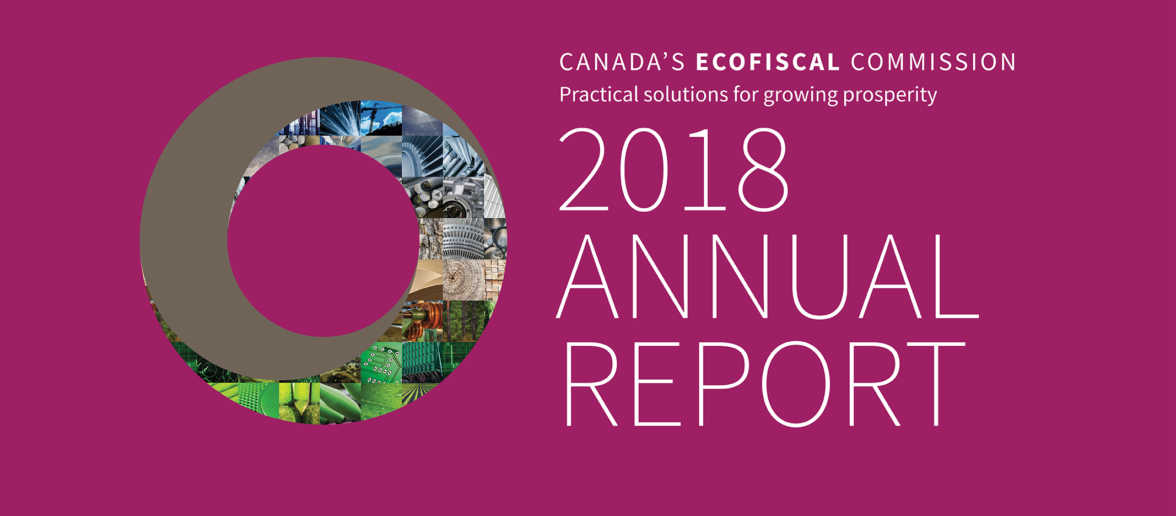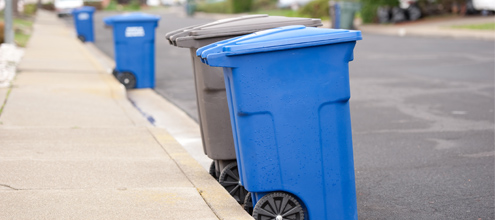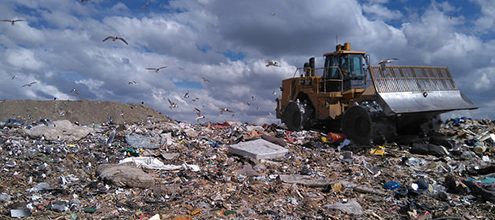
Annual Report 2019: Letter from the Chair
Climate and Energy Livable Cities Pollution Water Carbon Pricing Catastrophic Risk Congestion Pricing user fe Waste Water PricingThis marks our final annual report, as the Commission comes to the end of our five-year mandate. In 2019, our work focussed once again on carbon pricing — a topic we first addressed in 2014 and have returned to regularly. Since our launch, the political landscape around carbon has changed significantly — and so has […]

